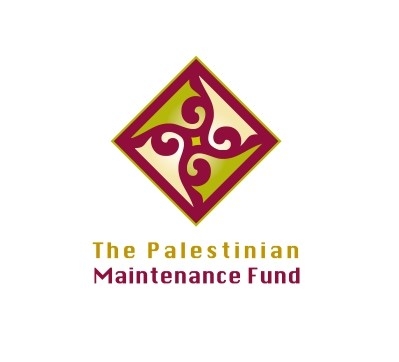Suad: “Maintenance Restored My Dignity—I Became the Queen of My Own Life”

"When the Maintenance Fund started disbursing payments for me, I felt like a queen—I had an identity, a sense of self. I didn’t care whether people thought I was poor or not. What mattered to me was that my children could live with dignity. I finally felt like a mother who could provide for her children.”
This is how Suad, a 38-year-old mother of two from a village in southern Hebron, described her transformation during a field interview. Married to her cousin, Suad now lives in her parents’ home after returning from Jordan, where her husband resides. She had traveled to register her child but found herself caught in a family conflict over inheritance between her father and her husband—his nephew. What followed was abandonment, influenced by her husband’s sisters and fueled by his father’s stubbornness.
“Being separated but not legally divorced limits the support I receive from others,” Suad said. “It’s like his name blocks any possible charity or assistance from reaching me or my children.”
Suad feels the weight of injustice. “Raising children is not easy. My husband left everything on my shoulders. I’m under immense pressure. I handle it all—finances, care, discipline, education—while he remains completely uninvolved.”
Living in her family’s home brings further challenges. “It’s not easy living in a crowded household. I dream of a home of our own, where I can raise my children in peace. My nephews mock my children, reminding them that their father abandoned them. Even when their father sends something, it becomes a source of shame, not comfort.”
Suad fights back tears as she speaks of her children. “They feel the absence of their father. A strong father teaches his children responsibility. My son relies entirely on me. What kind of man will he become? When my daughter grows up and someone wants to marry her, what will he say? ‘Why did her father abandon her mother?’ I’m terrified of the future.”
Despite the hardship, Suad has not filed for divorce, fearing societal stigma. “Divorced women are constantly judged. If I leave the house alone, people talk. That’s why I had to quit the job I used to have. It paid little, but it helped.”
Still, Suad holds on—for her children, for their dignity, and for a sense of agency that she’s reclaiming slowly, with the help of the Palestinian Maintenance Fund. Through consistent support, Suad has found the strength not only to survive, but to stand tall.







